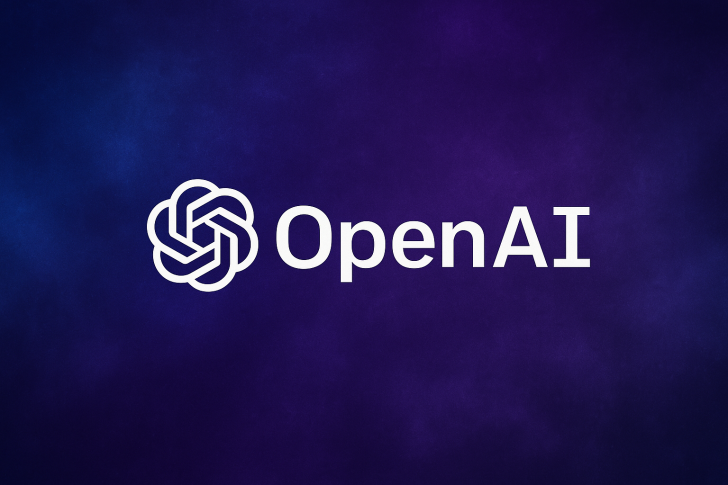● In 2025, AI systems from OpenAI and Google DeepMind have decisively entered competitive programming and mathematics arenas, achieving results that surpass even the world's best human contestants. As highlighted by Haider, this marks a turning point where AI transitions from research environments to dominating competitions that have long been the domain of exceptional human talent.
● The achievements speak for themselves: OpenAI secured second place at the AtCoder coding competition and won gold at the International Mathematical Olympiad (IMO) by solving 35 of 42 problems. Both OpenAI and DeepMind claimed victories at the International Olympiad in Informatics (IOI) and the International Collegiate Programming Contest (ICPC), with OpenAI notably solving all 12 ICPC problems before any human team finished.
● These wins showcase AI's powerful problem-solving abilities, but they also raise important questions. What happens when machines consistently outperform humans in fields traditionally seen as intellectual peaks? Critics worry about reduced opportunities for human competitors and the potential discouragement of students pursuing these disciplines.
● The implications extend beyond competitions. AI systems capable of beating top mathematicians and programmers are reshaping the talent market and could transform software engineering, research, and scientific discovery. Some experts suggest AI should be integrated as a collaborative tool rather than a replacement, preserving investment in human talent while using AI to enhance productivity and scale.
● Looking ahead, 2025 may be remembered as the year AI firmly established itself as a genuine rival to humanity's brightest minds in global competition.
 Peter Smith
Peter Smith

 Peter Smith
Peter Smith


